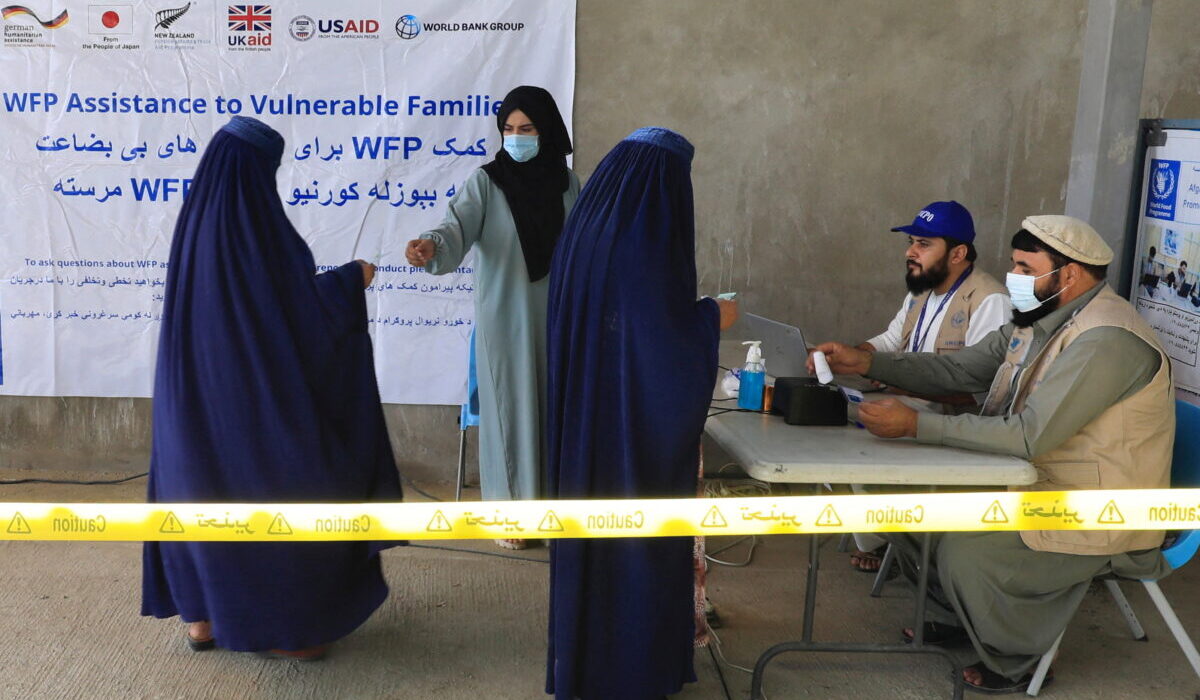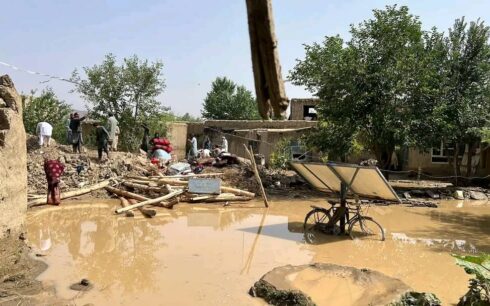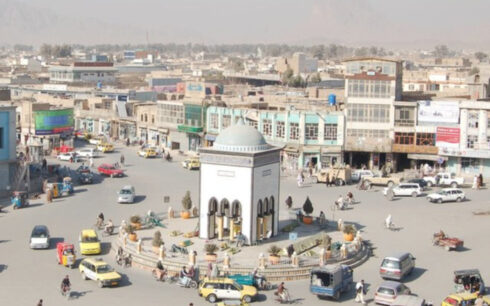KABUL, Afghanistan — The United Nations says it has slashed its 2025 humanitarian aid target for Afghanistan from 22.9 million people to 12.5 million, citing a dramatic funding gap of more than $800 million that is forcing agencies to limit assistance to only the most urgent, life-saving needs.
The revised plan, detailed in a report released Thursday, April 24, by the UN Office for the Coordination of Humanitarian Affairs (OCHA), reduces the total funding request from $2.42 billion to $1.62 billion, a 31 percent cut reflecting both the financial shortfall and operational constraints on the ground.
“This is not about scaling down ambitions — it’s about confronting a harsh new reality,” a UN official said. “We can no longer reach everyone in need. We are focusing on who needs help to survive.”
The U.S. remained the top donor in 2023, contributing $736 million, but reductions in its funding this year have already had visible impact: only 7.3 million people received aid in the first two months of 2025, down from 8.6 million during the same period last year.
According to the report 870,171 people received medical assistance in the past year.
Moreover, 142,662 people received life-saving medications, and 80,638 individuals were vaccinated.
The report says taht women made up 29 percent of aid recipients in 2024, amid ongoing restrictions on their mobility and employment under Taliban rule.
The revised plan prioritizes 145 of Afghanistan’s 401 districts, targeting areas with the highest levels of food insecurity, displacement, and health risks. All clusters were directed to reduce activities deemed low-impact or difficult to implement under current conditions.
OCHA warned that without new funding, an estimated 10 million people could go without humanitarian assistance in 2025. Humanitarian groups are urging donors to maintain support, despite shifting global attention and competing crises.
“Afghanistan remains one of the most acute humanitarian emergencies in the world,” the report stated. “The lives of millions now depend on renewed international solidarity.”





